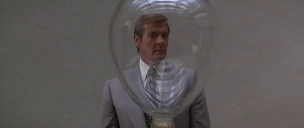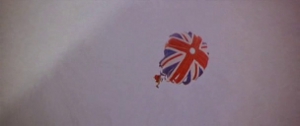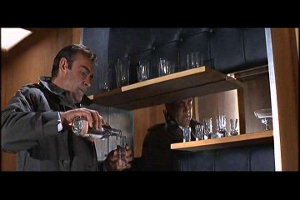
For various reasons, I haven’t been feeling so well lately. And when I feel like shit I like to take it out on bad movies. So I am very glad to be reviewing a Bond film I honestly despise, considered by some people to be The Worst James Bond Movie Ever Made. Of course, things would be pretty boring if it weren’t also acclaimed by almost-as-many people as the quintessential representation of everything this series is, was, or should be. It’s the Bond movie parents think they can safely pass down to their children…especially if their children have a pre-existing interest in sci-fi films, like some of us.
Because of that, it’s the first James Bond movie a lot of people (who aren’t me) see, forever coloring their expectations of the franchise. I’ll admit I’m predisposed to enjoy some of the elements you Normals may find the most ludicrous. But even for me, Moonraker goes right off the rails, abandoning any pretensions of being a spy-fi thriller made for people with functioning brains. In that, and one more area, it is the quintessential Bond movie: things start off well, but get steadily worse as they go on…and this movie does go on. At length. So at least it’s in good company, eh? Continue reading Moonraker (1979)


